Black Voting Power Finds A Fix In Alabama
Hold onto your hats, but the US Supreme Court has revived Black voting power in one deep-red conservative state!
Politics :
Amidst all the Donald Trump indictment news this week was the story of how Black voting power in Alabama was on the brink of extinction — until the US Supreme Court stepped in to save the day.
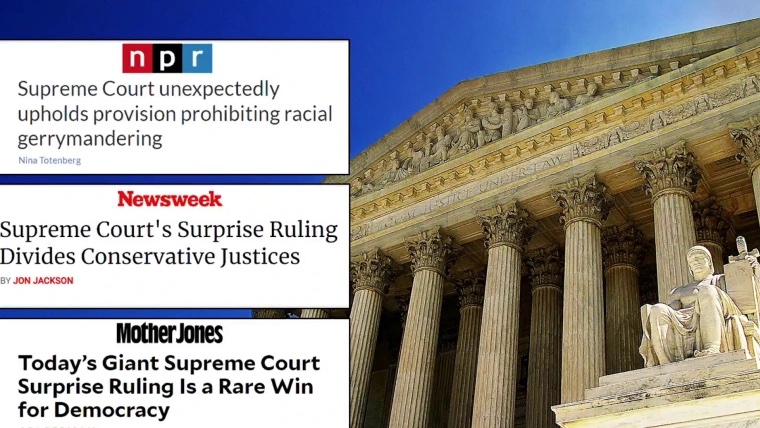
Back in 2020, Republican lawmakers in Alabama used their census data and a bit of hocus pocus gerrymandering to redraw their state’s electoral districts completely. The trick was designed to limit Black voting power (and Democratic wins) within the state and would have left only 1 majority Black congressional district in a state with 7 districts.
Granted, the White, Republican, and racist lawmakers thought they could pull the wool over everyone’s eyes. However, the long arm of the law put the brakes on those dubious plans with an unexpected twist.
According to The New York Times, the US Supreme Court ruled late last week that Alabama did, in fact, attempt to dilute Black voting power by drawing a congressional voting map that was blatantly tilted in favor of whites and Republicans. Then, the high court stepped in and reaffirmed the Voting Rights Act of 1965, which many thought might be in jeopardy.
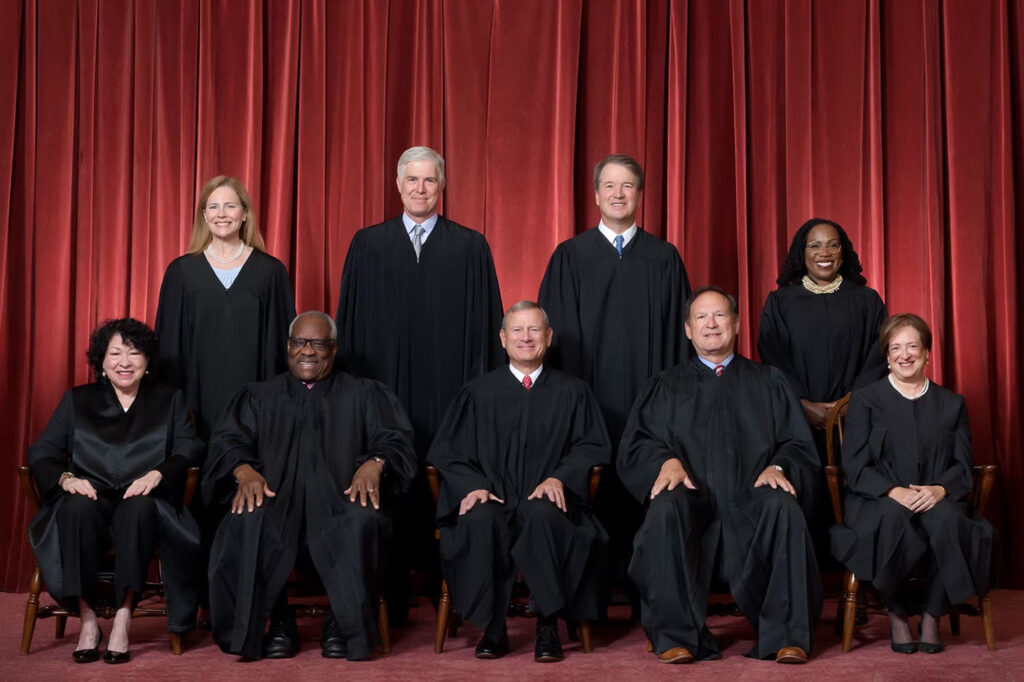
The surprise 5 to 4 ruling was led by Chief Justice John Roberts, who has frequently voted to restrict voting rights and is often skeptical of race-conscious decision-making by the government. However, this time, he not only voted against Alabama’s racial redistricting but stunned election law observers by writing the majority opinion to protect Black votes.
But wait, there’s more.
Joining liberal Justices Sonia Sotomayor, Elena Kagan, and Ketanji Brown Jackson in support of Black voter rights and representation was none other than ultra-conservative Justice Brett Kavanaugh.
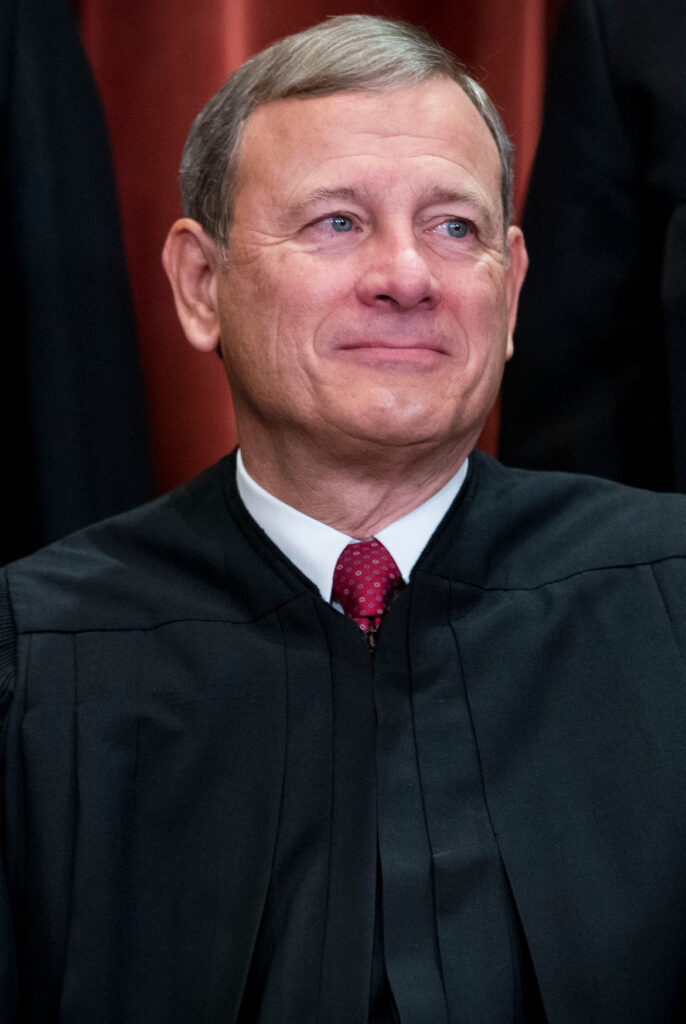
The high court’s decision now means that it’s very likely a second Democrat could be elected from the state (its delegation is now 1 Black Democrat and 6 White Republicans). Additionally, the ruling will likely challenge maps drawn by Republican-led legislatures elsewhere, particularly in Georgia and Louisiana where federal judges have found similar violations in the redrawing of maps.
Chief Justice Roberts wrote that he held legitimate concerns that the law “may impermissibly elevate race in the allocation of political power within the states.” He added: “We see no reason to disturb the District Court’s careful factual findings.”
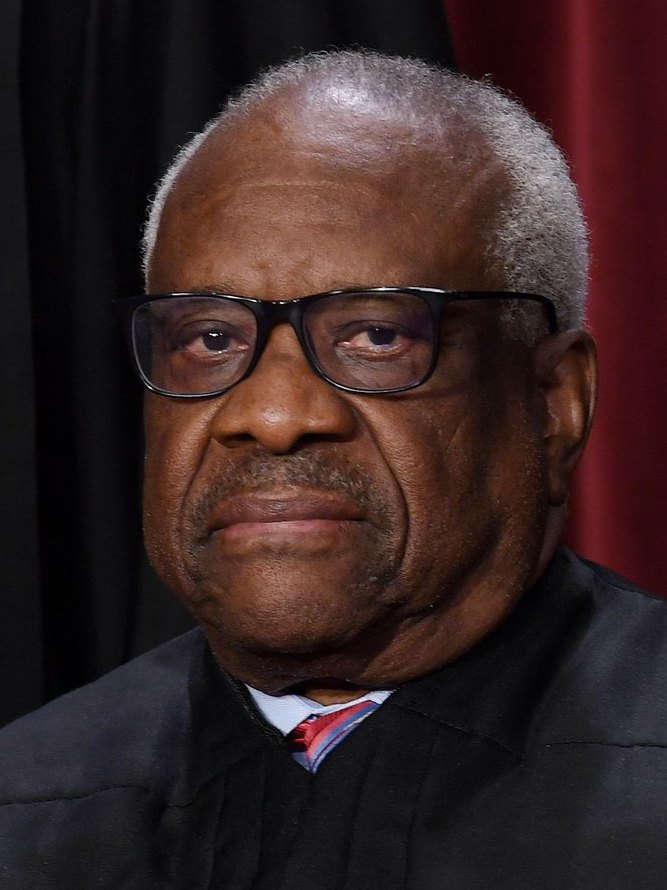
Not surprisingly, Clarence “Uncle Tom” Thomas supported Alabama’s attempt to disenfranchise Black voters. He even wrote the dissenting opinion and called the Voting Rights Act “nothing more than a racial entitlement to roughly proportional control of elective offices — limited only by feasibility — wherever different racial groups consistently prefer different candidates.” He then argued that by leveling the playing field between Black and White voters, the court was setting the precedent “that race belongs in virtually every redistricting.”
As the Supreme Court decision became public, cheers and jeers were heard from all sides.
“Although the majority’s decision is disappointing, this case is not over,” Steve Marshall, Alabama’s attorney general, said in a brief statement.
However, US Attorney General Merrick Garland welcomed the ruling.
“Today’s decision rejects efforts to further erode fundamental voting rights protections, and preserves the principle that in the United States, all eligible voters must be able to exercise their constitutional right to vote free from discrimination based on their race,” he said in a statement.
“This decision is a crucial win against the continued onslaught of attacks on voting rights,” Legal Defense Fund Senior Counsel Deuel Ross said. “Alabama attempted to rewrite federal law by saying race had no place in redistricting. But because of the state’s sordid and well-documented history of racial discrimination, race must be used to remedy that past and ensure communities of color are not boxed out of the electoral process.”
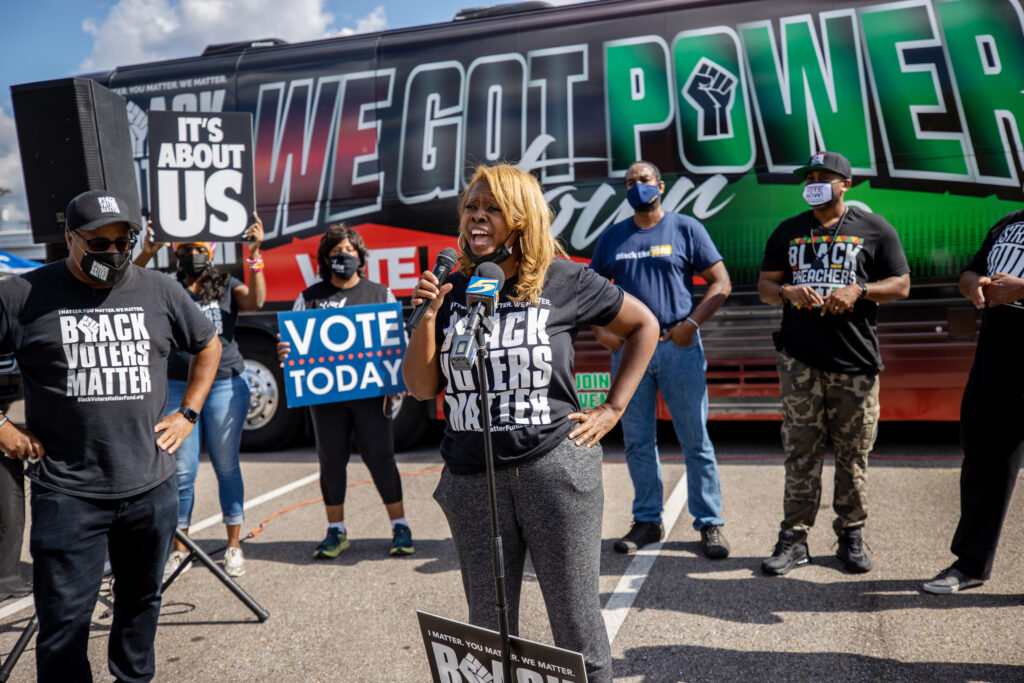
And so, there’s reason to celebrate how a deeply-conservative US Supreme Court saw the light and decided to do the right thing on behalf of Black voters and Black voting power in one ruby-red state.
OK WASSUP! discusses Politics:
Alabama loses challenge to Black voting power.

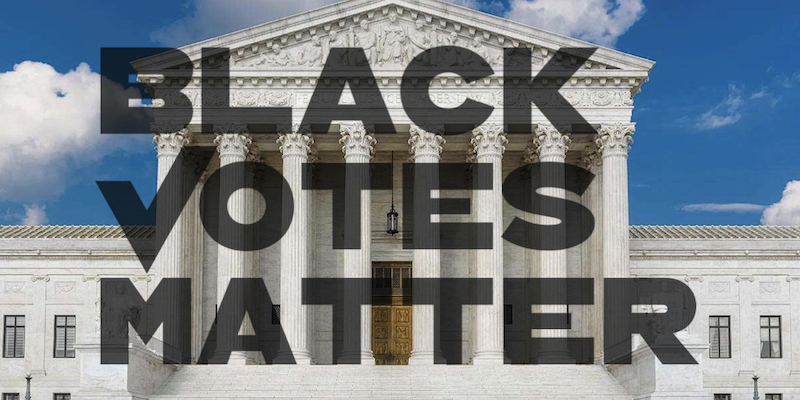




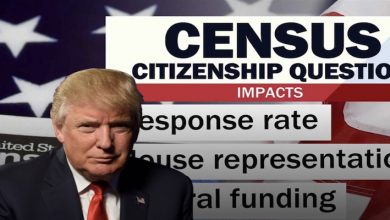
Roberts is in damage control mode. Apparently, he realizes that the U S. Supreme Court, under his far-right leadership is now viewed in low disregard, perhaps the lowest ever in its history, by most Americans. And I would posit history will not be kind to him and his far-right Supreme Court colleagues.
Btw, I liken Clarence Thomas to Samuel Jackson’s character, Stephen Warren, the Head House N*g…errr…Slave for his blood thirsty master Calvin Candy in the movie Django Unchained.
I am just now hearing about this. Thanks for sharing it DJ. Real good news to hear about.
John Roberts has been surprising us lately. He is not one of the crazy conservatives up there and seems like he at least tries to follow law. Clarence Thomas is a lost cause and always was. I would be surprised if he did not do everything he can against helping black people. He hates being black and a dark skin black at that.